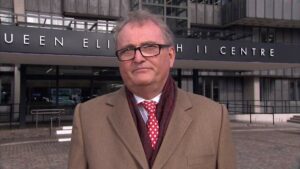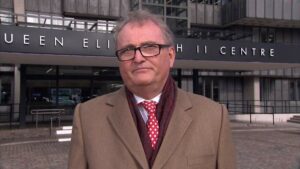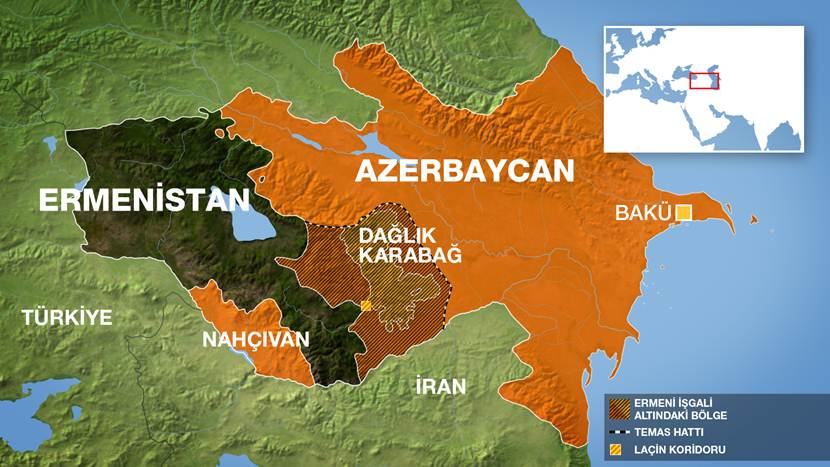 The British Chambers of Commerce’s John Longworth told Sky News the UK would be better off if voters decided to leave the EU.
The British Chambers of Commerce’s John Longworth told Sky News the UK would be better off if voters decided to leave the EU.
The boss of a leading business organisation has been suspended after telling Sky News he favoured leaving the EU, the Financial Times is reporting.
In an interview on Thursday, John Longworth, director-general of the British Chambers of Commerce, said Britain would be better off if voters decided to leave the EU.
“With the reforms that we have received so far, the UK would be better off taking a decision to leave the European Union,” he told Sky News.
Accordıng to Sky News his comments were at odds with the majority of BCC members, who are in favour of staying in the EU, according to the organisation’s own research.
The FT reports that the BCC was forced to hold an emergency board meeting on Friday to discuss how to reconcile the divergence in views between the director-general and many of his members.
A BCC spokesman told Sky News: “Still no official comment from us at this time. As and when we do, I’ll be sure to share it.”
But Sky News understands the BCC’s president, Nora Senior, instigated the suspension and members have now been told that Mr Longworth has been temporarily suspended for breaching the group’s official position of neutrality.
Several senior members told the Financial Times Mr Longworth’s view did not reflect that of the majority of member chambers.
“Quite a few people are very unhappy about his position. They think he has massively overstepped the mark and abused his role,” said one.
A recent survey by the BCC of 2,000 of its members found that 60% would vote to stay in the EU, while only 30% would vote for the “Out” camp, with 10% undecided.
Mr Longworth later clarified that his comments were made only in a personal capacity, but that was not enough to reassure some of his members.
Phil Smith, managing director of Business West, the largest chamber, said he was “appalled” by Mr Longworth’s “very public” recommendation that Britain should vote to leave the EU.
“Chambers up and down the country are at this time carefully listening to their members’ views and ensuring that we properly represent our business community in this very important and complicated issue,” said Mr Smith, whose members cover Bristol, Bath, Wiltshire and Gloucestershire.
“I don’t believe that John had a mandate from the 50 or so British accredited chambers of commerce that he is supposed to represent.”
Richard Swart, a member of the north-east chamber, described the interviews as a “dereliction of duty to most members’ views”.
Mr Longworth gave several interviews on Thursday explaining his decision to be the first leader of any major business organisation to back Brexit.
In his speech to the London conference, Mr Longworth said that the UK could create a “brighter economic future for itself” outside the EU.
The long-term risks of staying in the EU were “likely to be as daunting as the short-term risks of leaving”, he added.
Afterwards his spokesman said: “The BCC’s director-general has been very clear where his remarks reflect his personal assessment, rather than the position of the BCC.”
The organisation had previously said that it would not campaign in the run-up to the referendum on 23 June.
It is set to carry out another survey of member companies in the coming weeks.





 Glasgow East MP was arrested in the Diyarbakir region, south east Turkey
Glasgow East MP was arrested in the Diyarbakir region, south east Turkey

